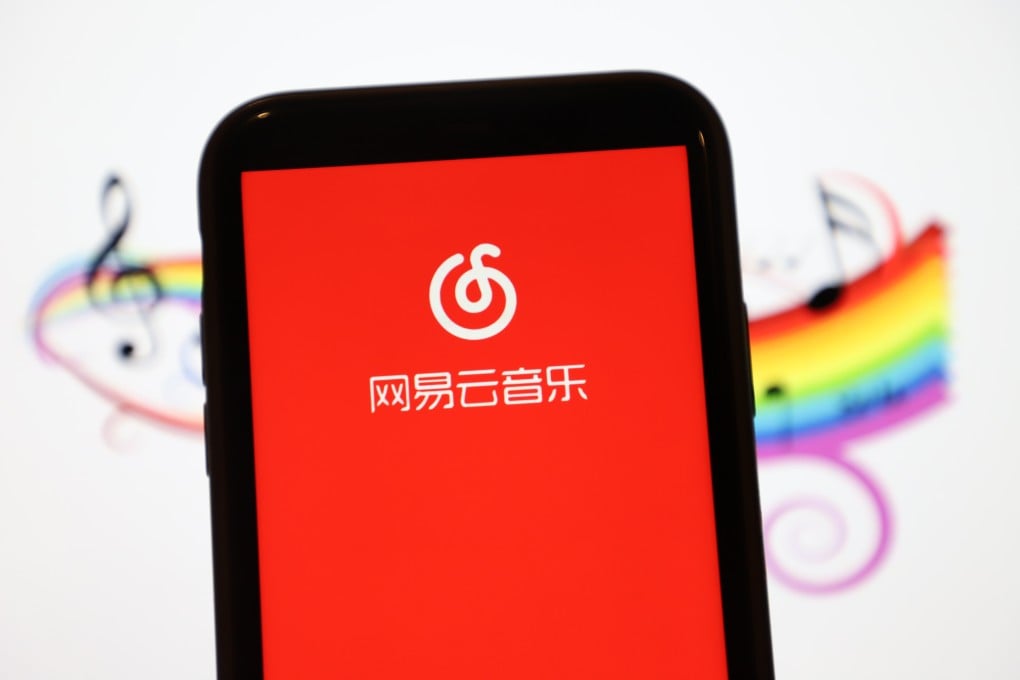Apps like NetEase Cloud see bright future as more Chinese users willing to pay for music
- In the first quarter of 2021, 13.3 per cent of NetEase Cloud Music users had a paid subscription, compared with 7.5 per cent in the same period last year
- Chinese rock band Omnipotent Youth Society generated 8.8 million yuan in sales in nine days, breaking the record for digital sales of indie music in China

When Shenzhen-based legal professional Thomas Chen starts his 30-minute commute each morning, the first thing he does is plug in his Airpods so he can listen to his favourite streaming music app.
A user of NetEase Cloud Music for years, Chen last year decided to pay 178 yuan (US$27.5) for a full-year membership so he could listen to complete songs and skip the ads.
“Some of my favourite songs are only available to VIP users,” Chen said. “I’m willing to pay for the music I love, as well as for the convenience.”
The number of people like Chen who are willing to pay for a premium music service is getting bigger.
“The paying ratio of NetEase is quite decent for the China market, considering the music [industry] environment and [low] user acceptance of paying for content,” said Zhang Yi, chief executive at Shenzhen-based iiMedia Research.